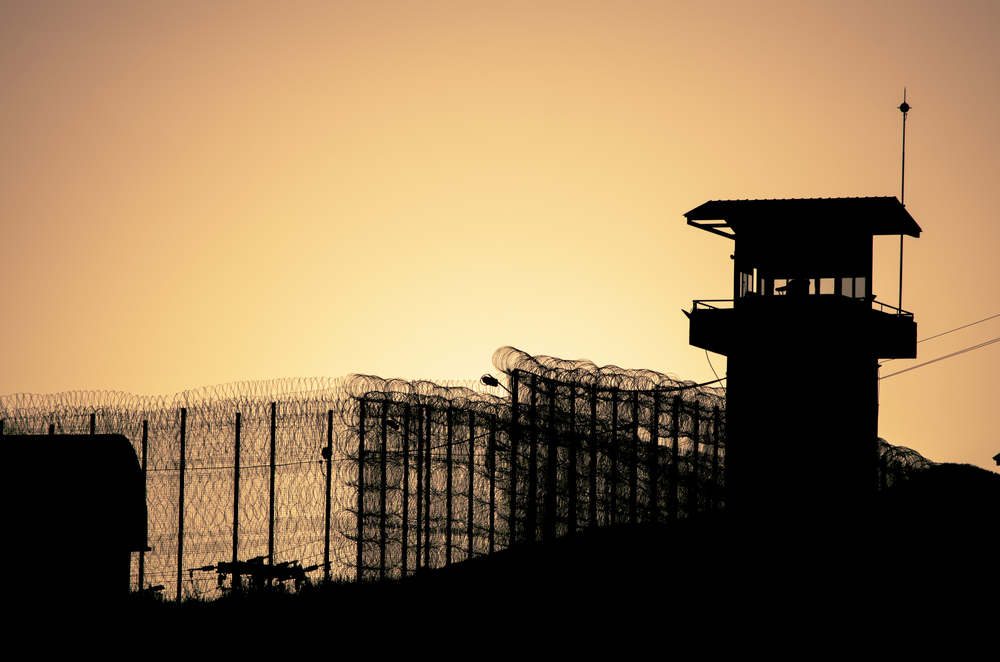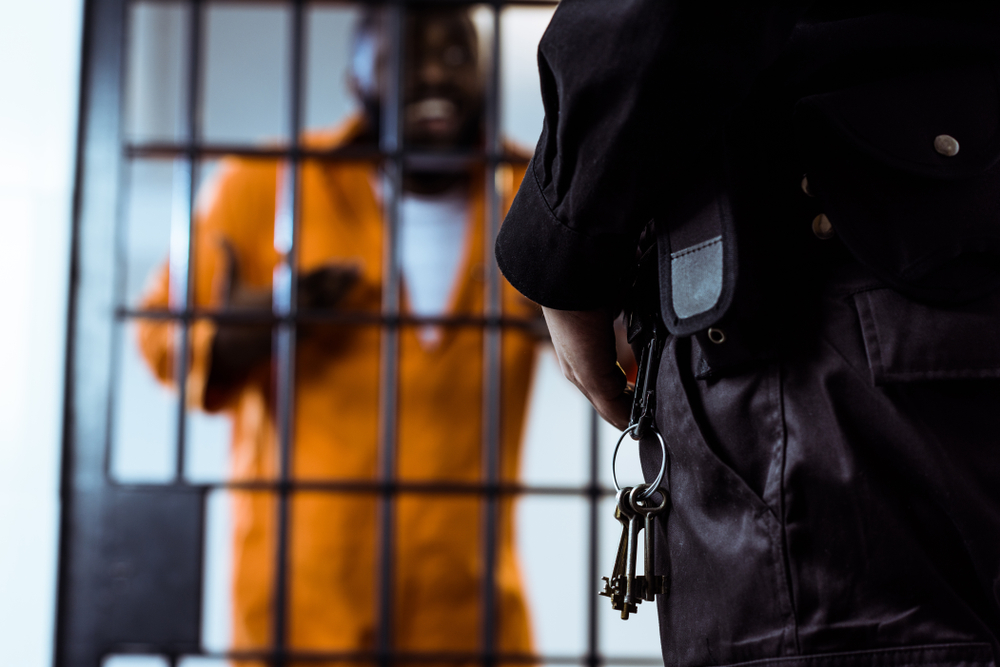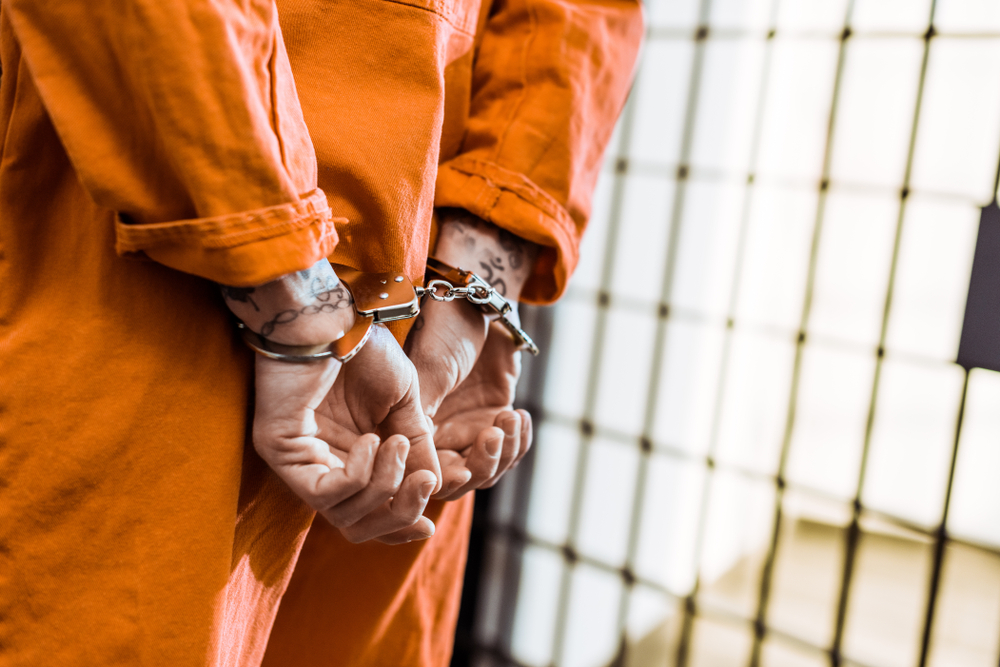Abuse is all too common in U.S. jails and prisons, with both inmates and correctional officers physically, sexually, and psychologically assaulting inmates. Certain populations face a greater risk of prison abuse, including those who are young or appear weak, have a mental illness or physical disability, or are transgender.
But there’s another group who have been targeted by correctional officers: inmates charged for the assault or murder of police officers.
Current and former inmates have made reports of these beatings for decades. Some allegations have led prisoners who were abused or deprived of basic needs to file lawsuits against guards and the correctional facility where they are serving time. These lawsuits for prison abuse claim civil rights violations, including the right not to suffer cruel and unusual punishment, even while behind bars.
Capitol Rioter Claims Vicious Beating in Prison
One of the most recent claims of guard brutality involved a Capitol rioter jailed in January. Ryan Samsel was charged with forcibly assaulting or interfering with a federal agent after knocking down a police officer during the riot. The officer suffered a concussion due to Samsel’s actions.
While in custody, Samsel claims an officer viciously beat him after his hands were zip-tied. The alleged prisoner abuse resulted in Samsel’s jaw being wired shut, a broken nose, and potentially permanent loss of sight in one of his eyes.
The Capitol rioter filed a lawsuit against the guard, and Samsel’s lawyer has made other allegations, such as being denied access to a shower and 23-hours-a-day in lockdown. The rioter’s claim outlines a brutal assault, and others charged for the riot have spoken out with their own claims of prison abuse, alleging they were targeted by guards for their crimes.
An investigation into the allegations by the Department of Justice is currently in progress. An investigation by the DC Department of Corrections was completed and deemed the claims to be false. Whether the DOJ reaches the same conclusion is unknown as of yet.
Past Prison Guard Abuse Claims
The history of prison abuse in America is long and disturbing. In 2018, a corrections officer was suspended for beating an inmate who killed two New York Police Department officers. The inmate, Herman Bell, had been in prison since 1979 and was 70 years old at the time of the attack.
Bell claimed he was grabbed by a corrections officer and beaten in a private area. His head was slammed into the concrete, and he was kicked and punched many times. The accused guard was suspended without pay, and a formal investigation was launched.
Beyond the prisoner abuse claims, Bell’s lawyer alleged the correctional officers and staff treated Bell poorly from the start of his sentence at Great Meadow Correctional Facility in Comstock, N.Y. Similar lawsuits claim that inmates who assaulted or killed a police officer are specifically mistreated and abused by correctional officers. Prisoners like Bell have the Constitutional right to be safe as they serve their sentence and not be beaten or demeaned, regardless of their crime(s).
Another case, this time in Mississippi, involved a suspect in custody who was beaten by county jail staff. The inmate was accused of killing a police officer and injuring another person on the scene. He surrendered himself to authorities, and while at the county jail, claimed an officer physically assaulted him to the point he needed staples around his eye and other medical treatment.
Police Brutality During Arrests
Sometimes the mistreatment and physical abuse of suspected cop killers isn’t limited to prisons and jails. Allegations of unnecessary and excessive force during the arrest are also common, specifically when the suspect is accused of assaulting or murdering a police officer.
During the arrest of Markeith Loyd, four officers kicked, punched, and struck him several times while he was on the ground. Loyd was charged with killing a police officer, and the physical assault he experienced while being arrested caused him to lose his eye. His lawyer also claimed he now has multiple traumatic brain injuries due to police brutality during his arrest.
Lawsuits and allegations of this kind are investigated. In this case, the arresting officers were deemed to have used reasonable force under the circumstances. Those involved denied that the rough treatment was retaliation for the murder of their fellow officer.
Police Officers Stand Together Against Cop Killers
Police officers and first responders are known for their tight-knit community and unwavering loyalty when one of their own is injured or killed. It’s a dangerous job, and they take the protection of each other seriously.
It’s common to see droves of police both inside and outside a courthouse during hearings of those charged with the assault or murder of an officer. They’re also known to speak at parole hearings of cop killers to try to prevent their release.
This was the case with Kankakee police officers who banded together at the Illinois Prisoner Review Board to push for the death penalty of an inmate. The inmate in question had killed an officer during a traffic stop, and the support shown by the department was a sight that’s common around the U.S.
The Fight for Prison Rights and Safety
Unfortunately, the issues associated with reporting mistreatment in U.S. prisons and jails, as well as the fear of further violence and rights violations, have led many instances of prison guard abuse to go unreported. And of those that do make a report, many claims are buried by prison officials, preventing investigations and further denying inmate rights.
The fact is, the U.S. has a sordid history of prisoner abuse and degradation, but advocates are taking a stand, and their cause is growing stronger each year. They’re pushing to address and eliminate prison guard abuse and mistreatment in states across the country, and progress is slowly being made.










